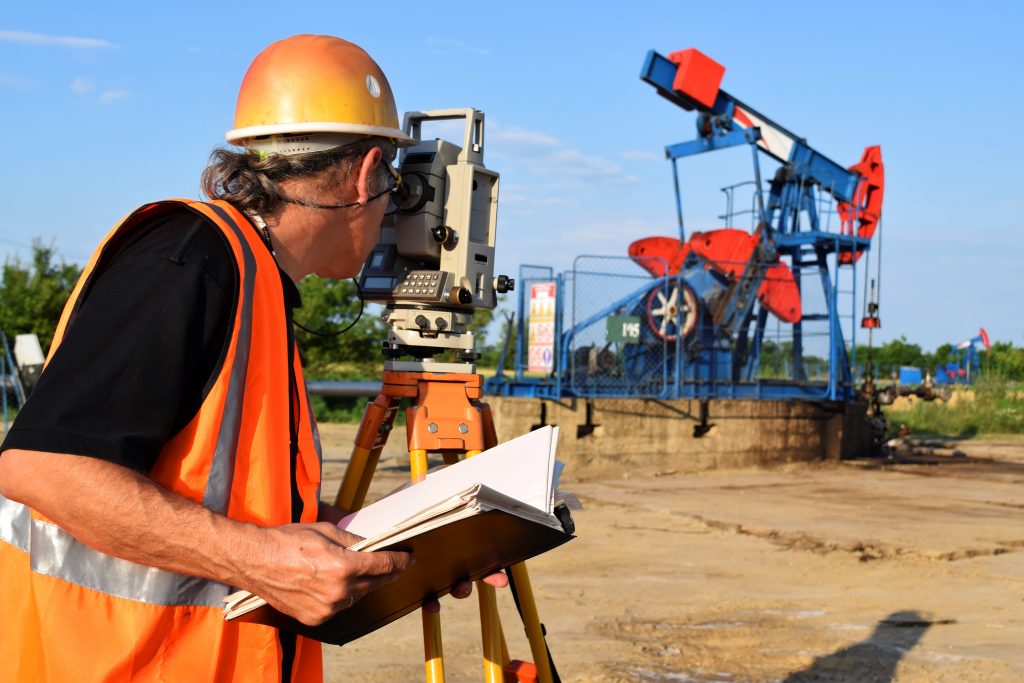 The past few years have been a roller-coaster ride for the oil and gas industry. They were punctuated with extreme lows including massive layoffs. In 2017, two big hurricanes disrupted the delivery of these basic needs.
The past few years have been a roller-coaster ride for the oil and gas industry. They were punctuated with extreme lows including massive layoffs. In 2017, two big hurricanes disrupted the delivery of these basic needs.
The recovery has been slow, but the good news is that it seems to be stable. It is still a smart choice to invest in oil and gas drilling, nevertheless, it also pays to be cautious. This begins with having a better idea about how much the business will cost you.
1. Oil Rigs
Oil rigs are platforms that serve many purposes including holding the equipment to drill for the resource or store it before it can be refined and prepared for sale.
There’s a stark difference in the costs between onshore (land) and offshore (water) drilling. Offshore drilling is more expensive due to the location and the complexity of working under water. It can be more than 18 times higher than a land rig. Overall, the average price is between $18 million and $20 million.
2. Salary
Due to the technical knowledge and expertise this industry demands, it offers a very lucrative salary. According to PayScale, a petroleum engineer can earn as much as $114,000. A geologist may be paid at least $100,000. Those who provide back-end support such as an accountant may receive at least $55,000.
Companies, however, have been facing a labor shortage. This year and even the coming year may not be different. It simply means salary demands may increase further.
3. Taxes
The amount to be paid for taxes depends on the laws of the state, and there could be many types of taxes. In Texas, the producer may have to pay a regulatory fee, which is 0.000667 per thousand cubic feet of produced gas. There’s also gas tax, which is 7 percent the resource’s market value, as well as condensate production tax at 4.6 percent the condensate’s market value.
In other words, operating an oil or gas mining business is labor intensive and expensive. SPRI, which has been offering technical solutions for both onshore and offshore businesses, therefore, highly recommends performing a reserve report.
This report provides important information on risk contingencies, taxes, and costs on operations and development, among others. It gives the owners a better understanding of the real value of the business. If you have this, a skilled workforce behind you, and a business plan that covers every possible issue, the oil and gas industry could be for you.
